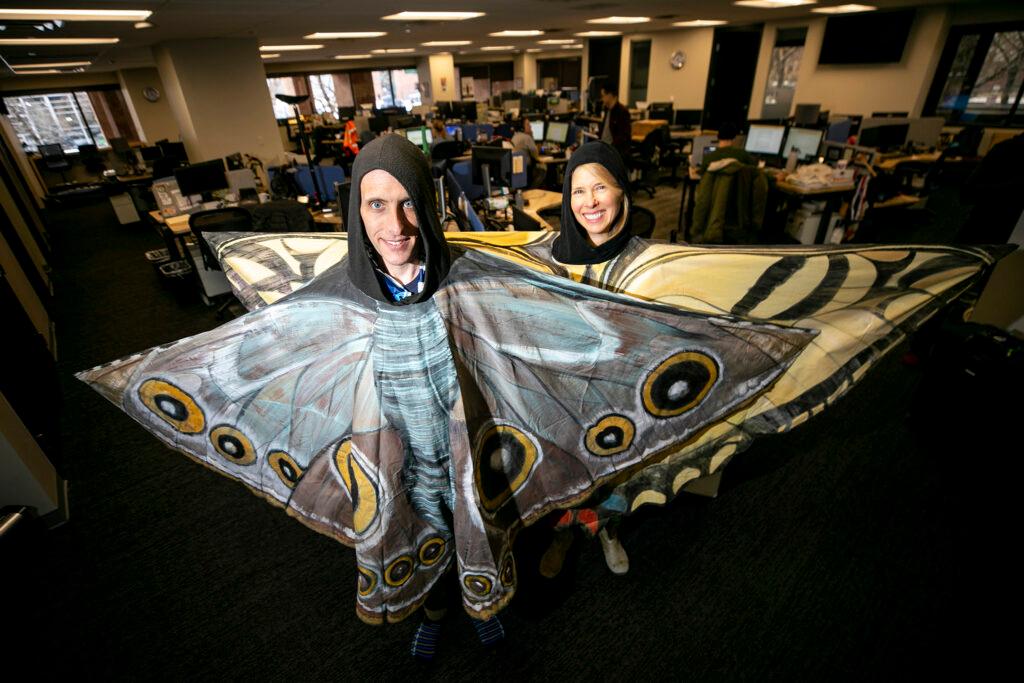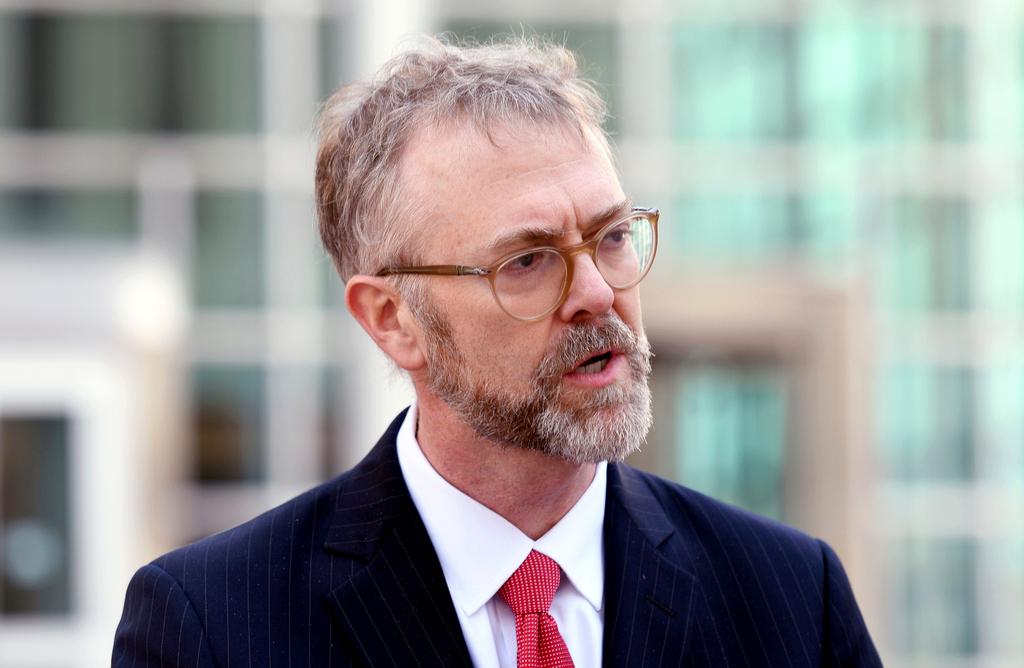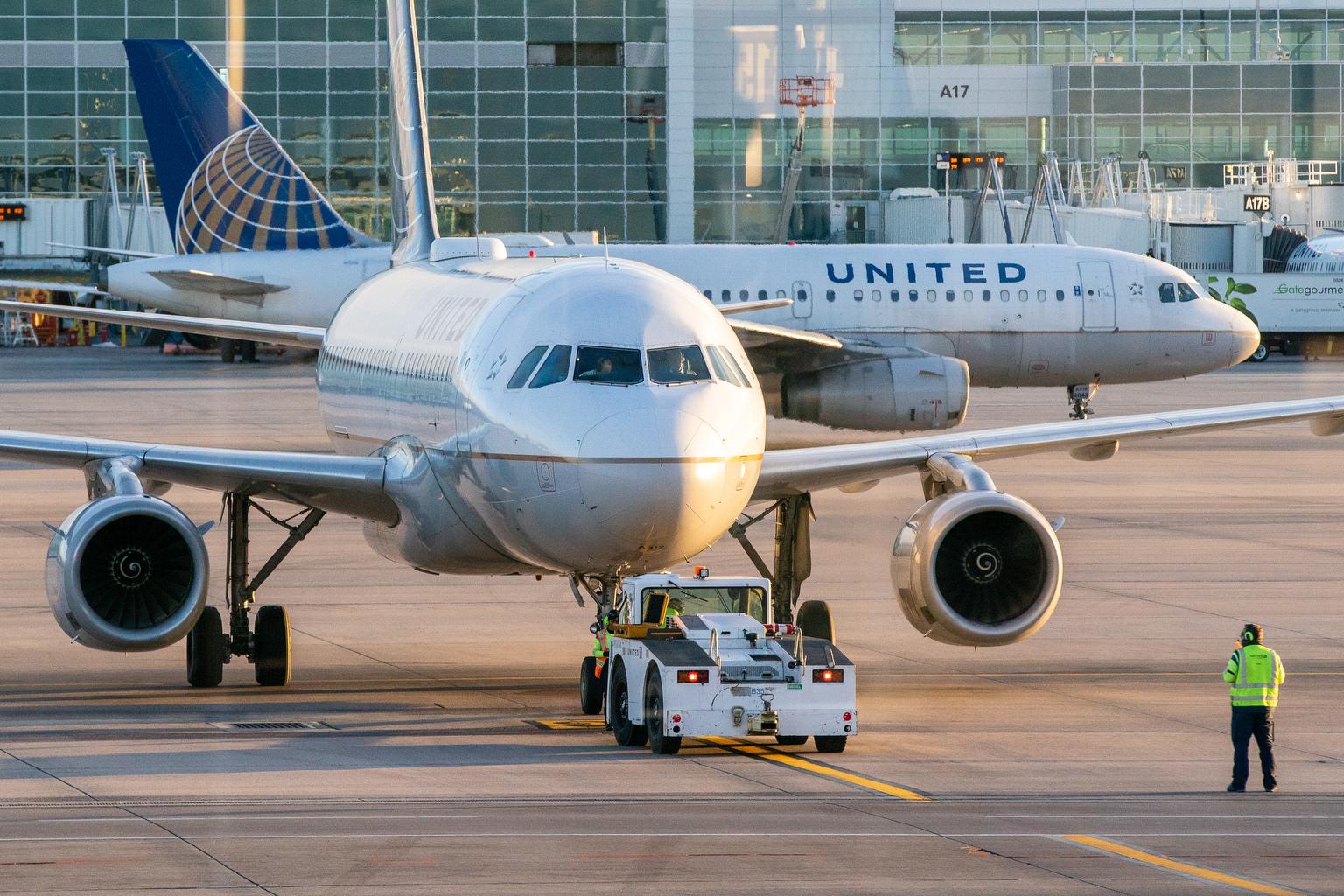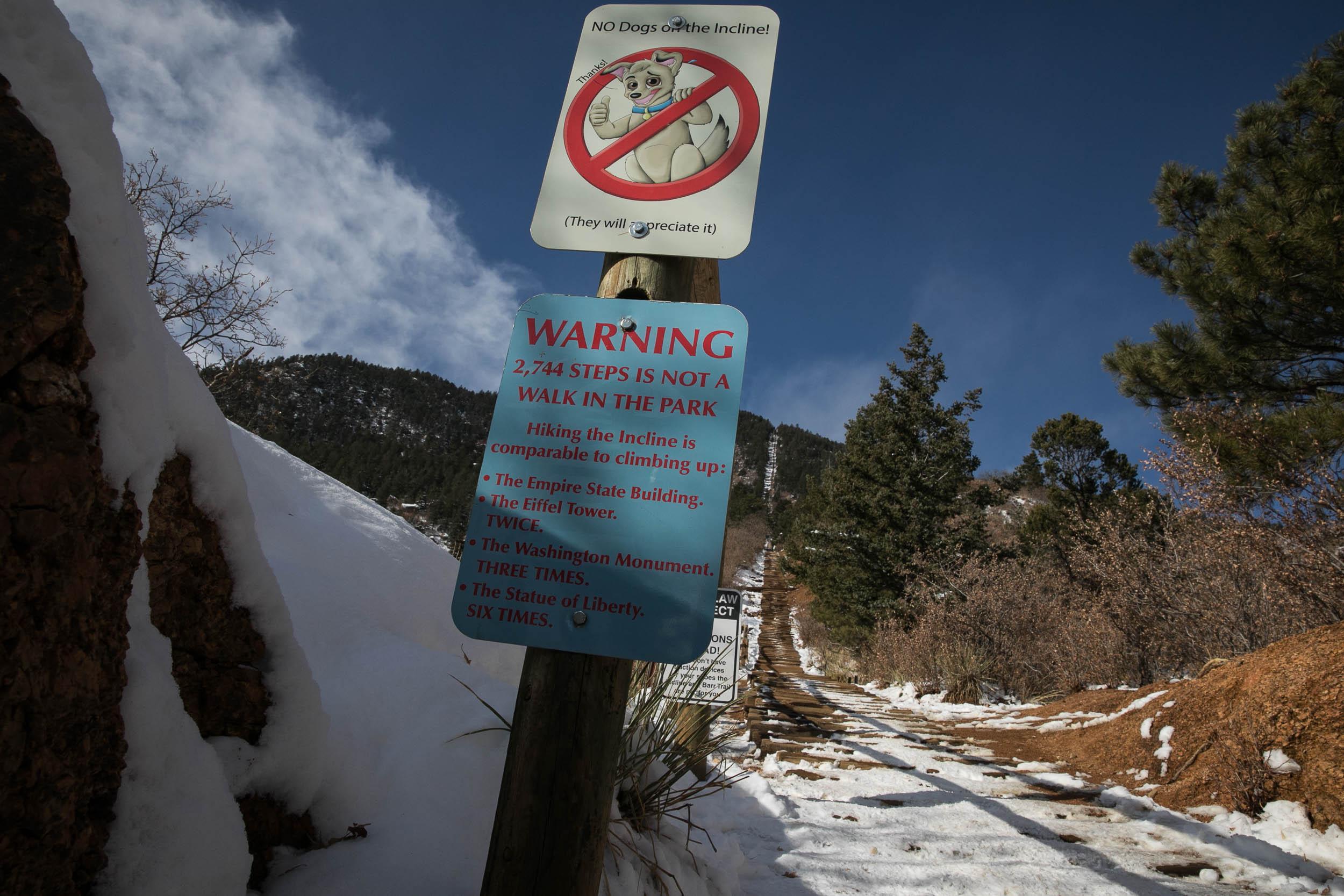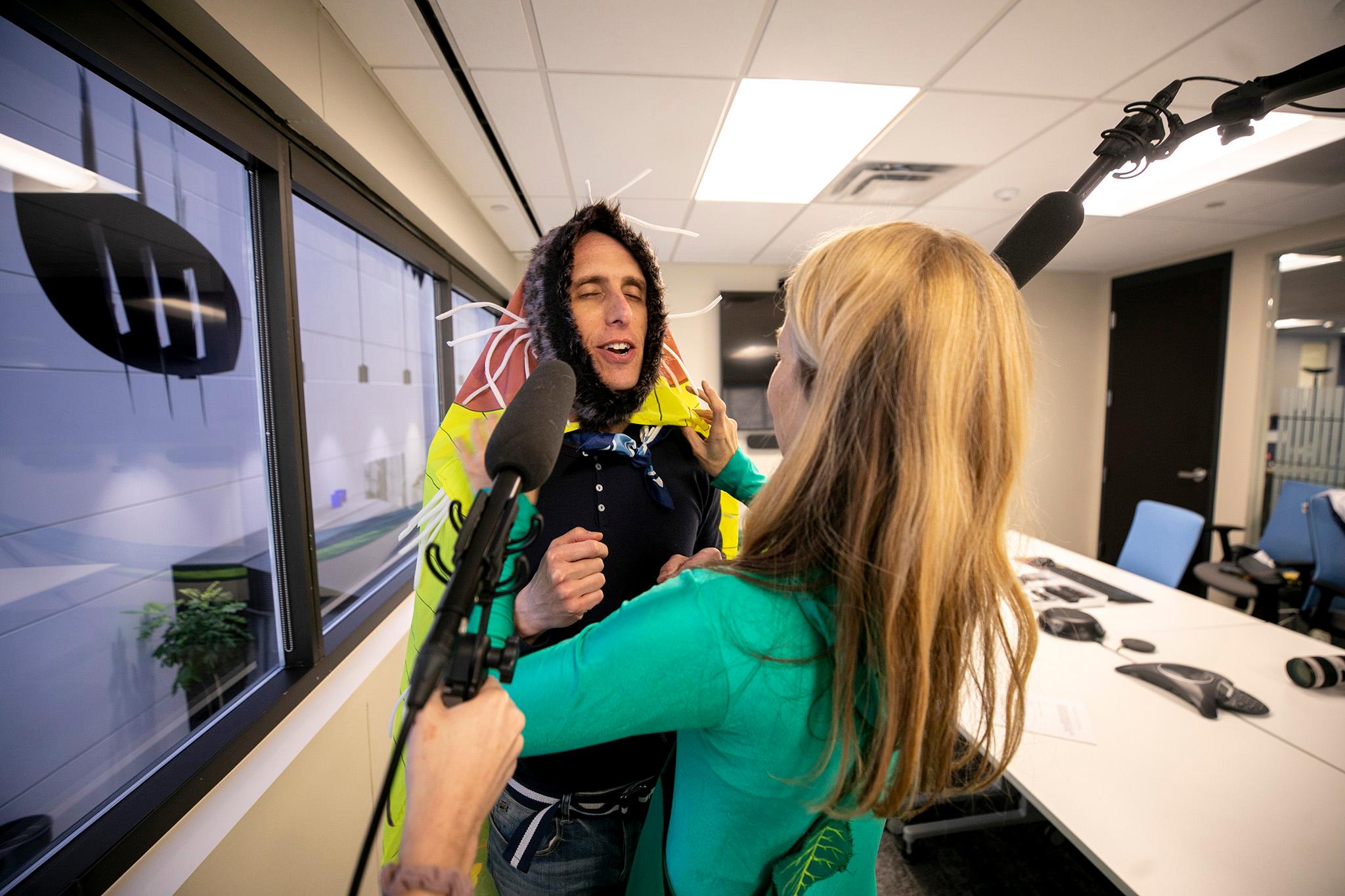
Sporting an emerald-green morph suit and carrying a suitcase overflowing with colorful costumes and props, Beth Osnes certainly turned heads as she walked into the Colorado Public Radio newsroom.
Moments after her arrival, Osnes had transformed the newsroom’s largest conference room into a tropical, butterfly oasis. With the tables and chairs pushed to one side, in their place was a human-sized, leaf-shaped rug, laminated placards of a butterfly’s life cycle, and a giant, green hammock in one corner.
A speaker in the middle of the room cemented the transformation by playing a soundtrack complete with bird song, music and the sound of trickling water.
Osnes, who teaches theatre and environmental studies at the University of Colorado of Boulder, is the creator of “The Butterfly Affect,” a guided, interactive performance that lets participants experience the metamorphosis of a butterfly — from egg, caterpillar, chrysalis, to butterfly.
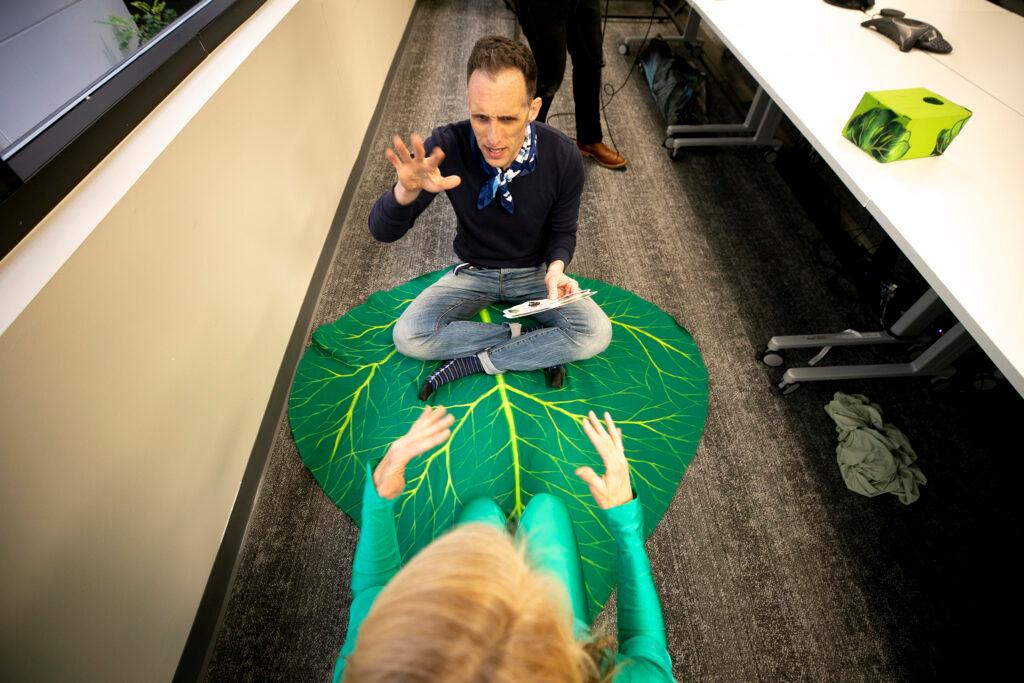
The Butterfly Affect is Osnes’s most recent creative work and transpired after she began doing research for one of her classes, Creative Climate Communication. She said that while looking into topics to discuss with her class, she began to feel increasingly discouraged about the perilous state of our planet.
“I started to get that terrible ooze feeling, that comes in like a sickness that you get from despair. It was like swallowing crude oil or something,” Osnes said. “Just the knowledge of what’s happening to our planet, it feels almost disabling. It almost puts your heart on the ground. And we can't address the climate crisis if our hearts are on the ground.”
In fact, the emotions that Osnes is describing — feeling helpless and despair around the climate crisis — have a name: climate anxiety.
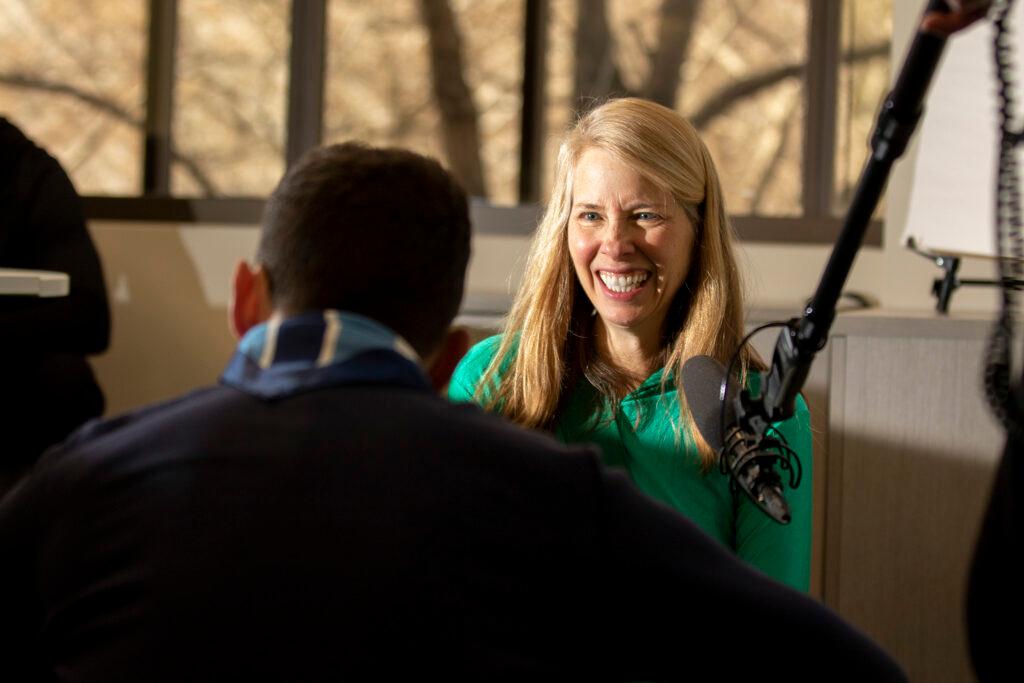
And she’s not alone. According to one 2021 global study, over 59 percent of young adults said they were “very or extremely worried” about climate change and more than 45 percent said their feelings about climate change negatively affected their daily life and functioning. The study surveyed 10,000 people across the world, aged 16-25.
So Osnes recognized the need to make climate education more approachable and hopeful.
“If the dove is a symbol of peace, butterflies are a symbol of change,” she said. “Change is inevitable, but making it beautiful is a choice. And that's really the idea behind these butterfly costumes.”
For Osnes, although The Butterfly Affect was initially a way for her to remedy feelings of climate anxiety and despair, it has also helped her cope with grief.
“I was widowed two years ago and I had to do a complete re-changing of myself … We can learn from the natural world that change doesn’t have to be scary, it can be beautiful even after loss.”
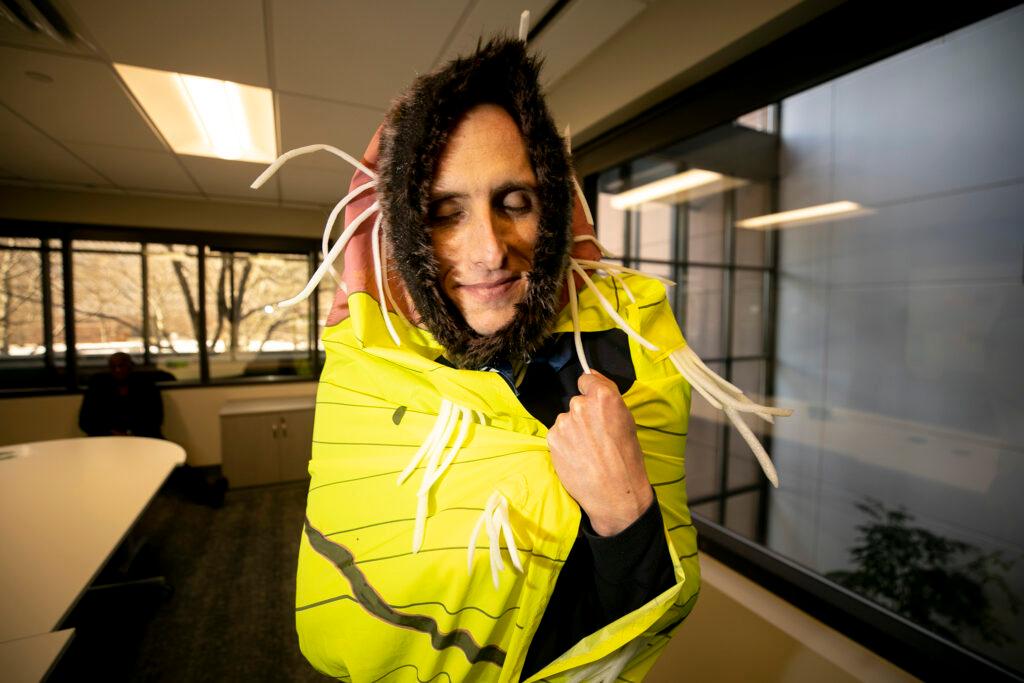
She says her aim is that the performance will inspire people to be hopeful and resilient in the face of the climate crisis, but maybe, like her, it will help participants through their personal battles as well.
Back in the conference room, Osnes guided Colorado Matter’s host, Ryan Warner, through The Butterfly Affect experience. Osnes gave Warner the choice between three butterfly species to transform into, two of which are native to Colorado: the Monarch, the Western Tiger Swallow, or non-native Blue Morpho.
Warner chose the Blue Morpho. From there, Osnes directed Warner through his metamorphosis — from egg to butterfly. But the performance was much more than changing into different, colorfully decorated costumes.
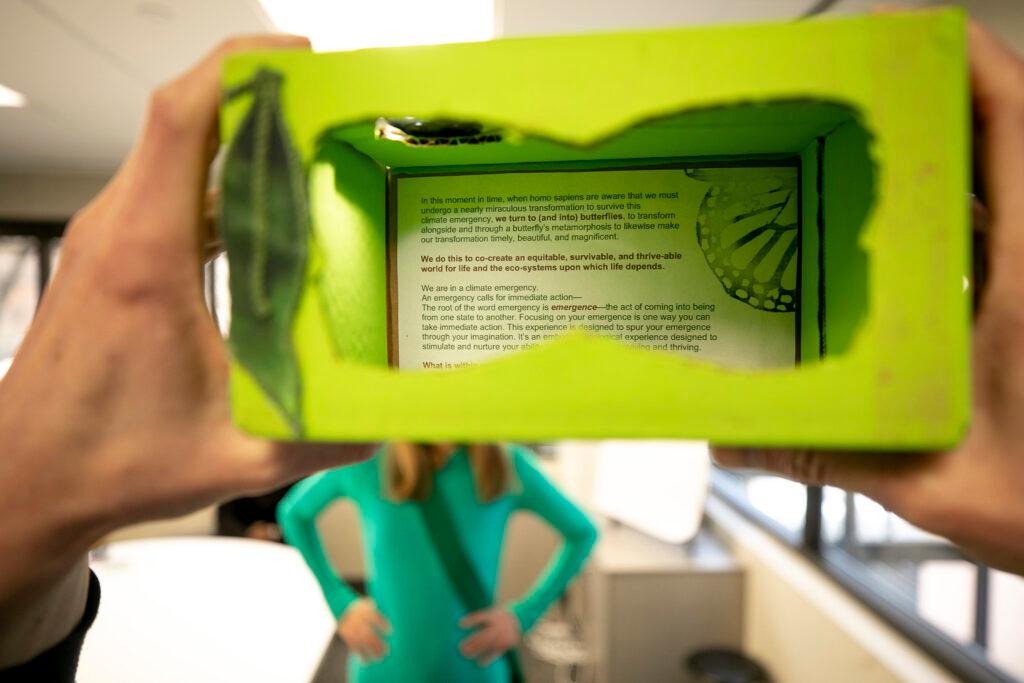
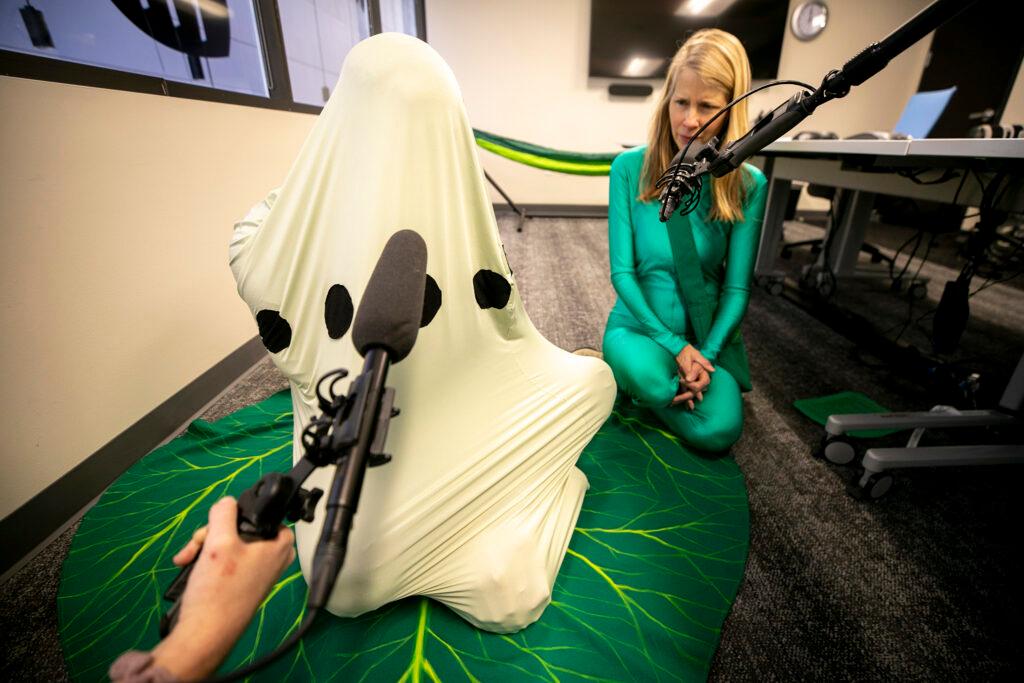
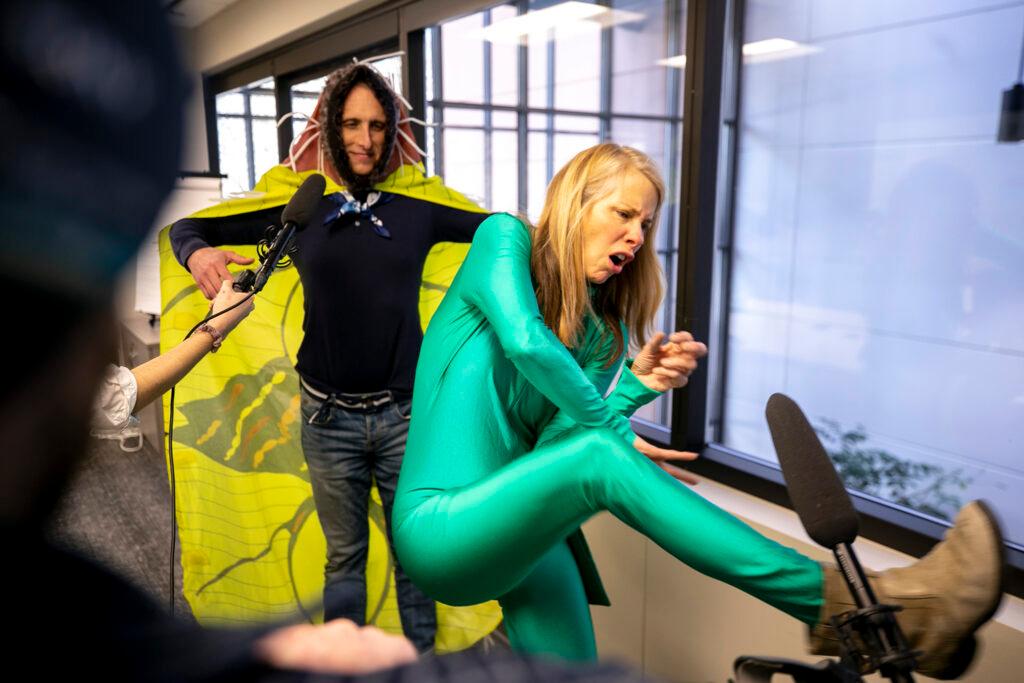
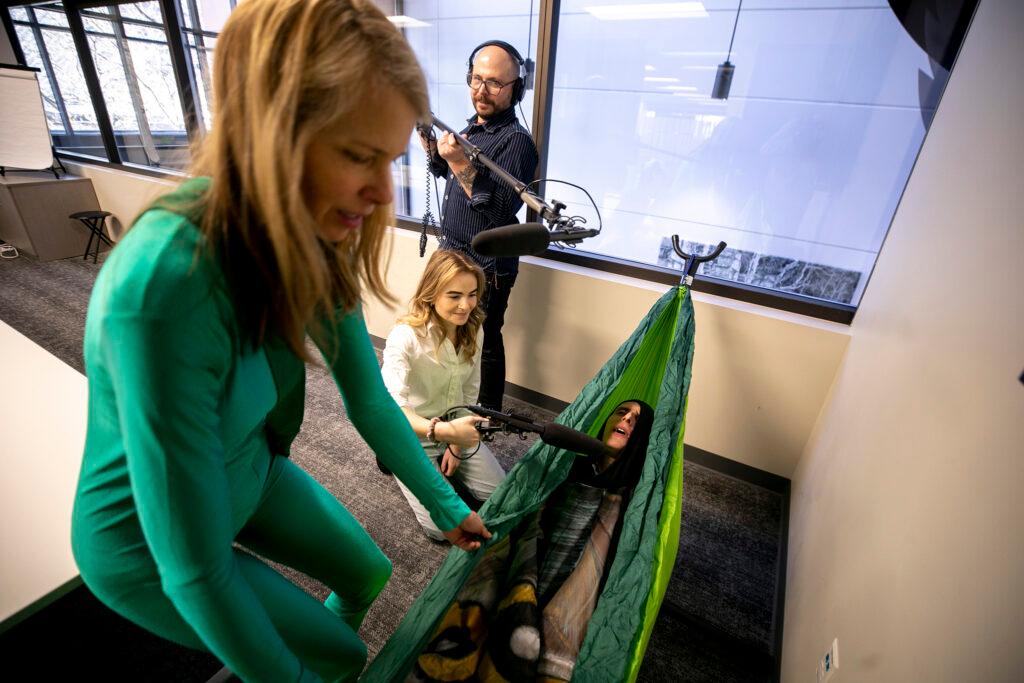
Throughout the experience, Osnes spoke to Warner, asking him questions about what he was feeling, inviting him to get into character as a Blue Morpho caterpillar, and challenging him to go through the uncomfortable process of transformation.
“Transformations and change is really hard,” she said. “And if we look to the champions of change — who go through rugged, tough change — it’s butterflies.”
Participants can experience The Butterfly Affect for themselves at the Butterfly Pavilion in Westminster on Saturday, Jan. 27.
